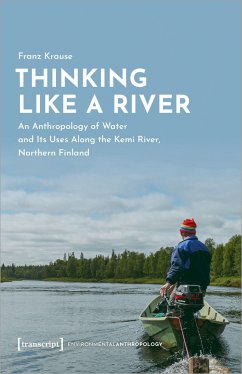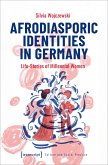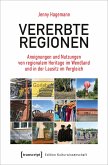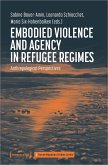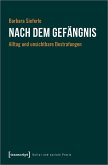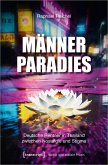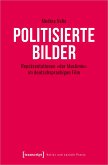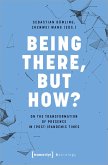The Kemi River is the major watercourse in the Finnish province of Lapland and the »stream of life« for the inhabitants of its banks. Franz Krause examines fishing, transport and hydropower on the Kemi River and analyses the profoundly rhythmic patterns in the river dwellers' activities and the river's dynamics. The course of the seasons and weekly and daily rhythms of discharge, temperature, work and other patterns make the river dwellers' world an ever-transforming phenomenon. The flows of life and the frictions of everyday encounters continually remake the river and its inhabitants, negotiating national strategies, economic power, people's ingenuity, and the currents of the Kemi River.
»I recommend this book as an enjoyable read for anybody interested in nature humanrelations, their historical evolution, and prospective futures, in peripheral areas globally and in Northern Europe specifically. It is exceptionally rich in describing the various river practices and their embeddedness in dwellers lifeworlds, and Krause is highly convincing in analysing those within his chosen conceptual framework.
Jaanika Kingumets, Suomen Antropologi, 48/2 (2024) 20240513
Jaanika Kingumets, Suomen Antropologi, 48/2 (2024) 20240513

